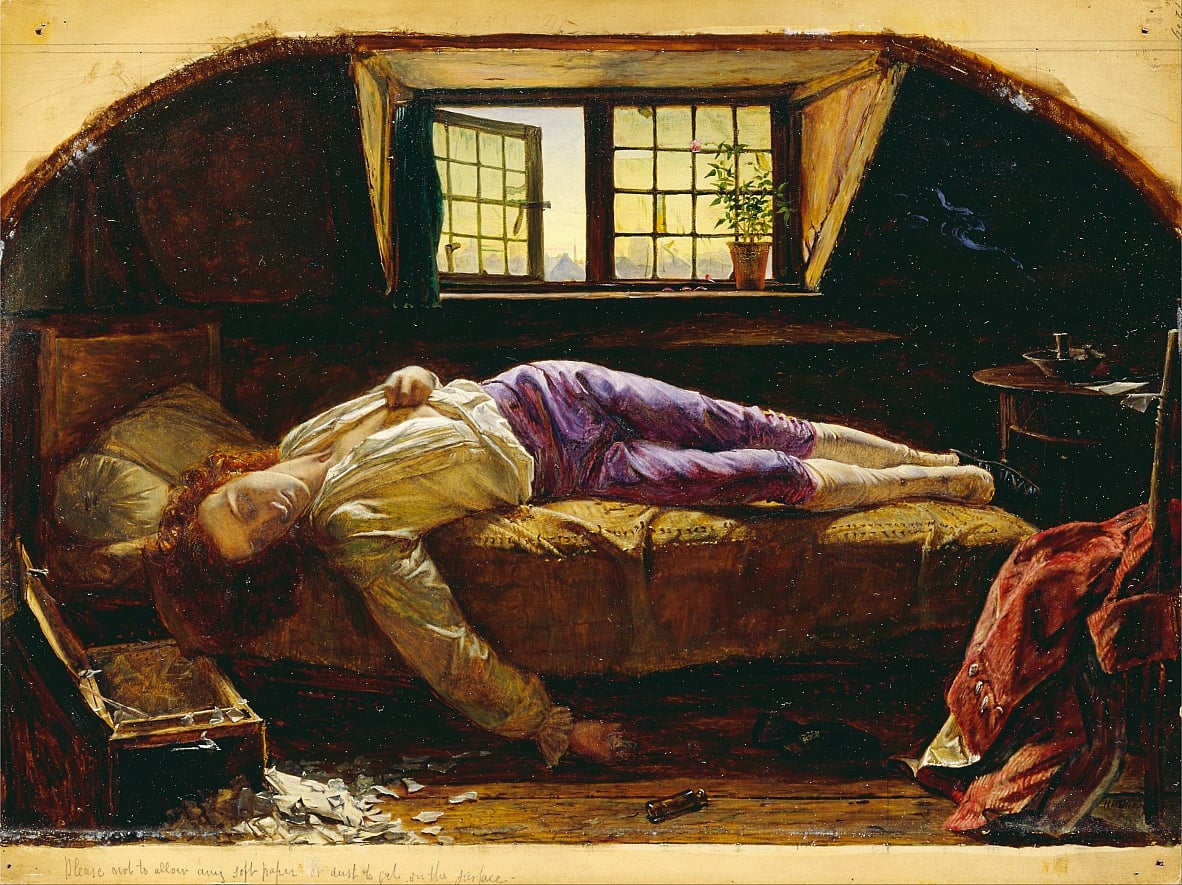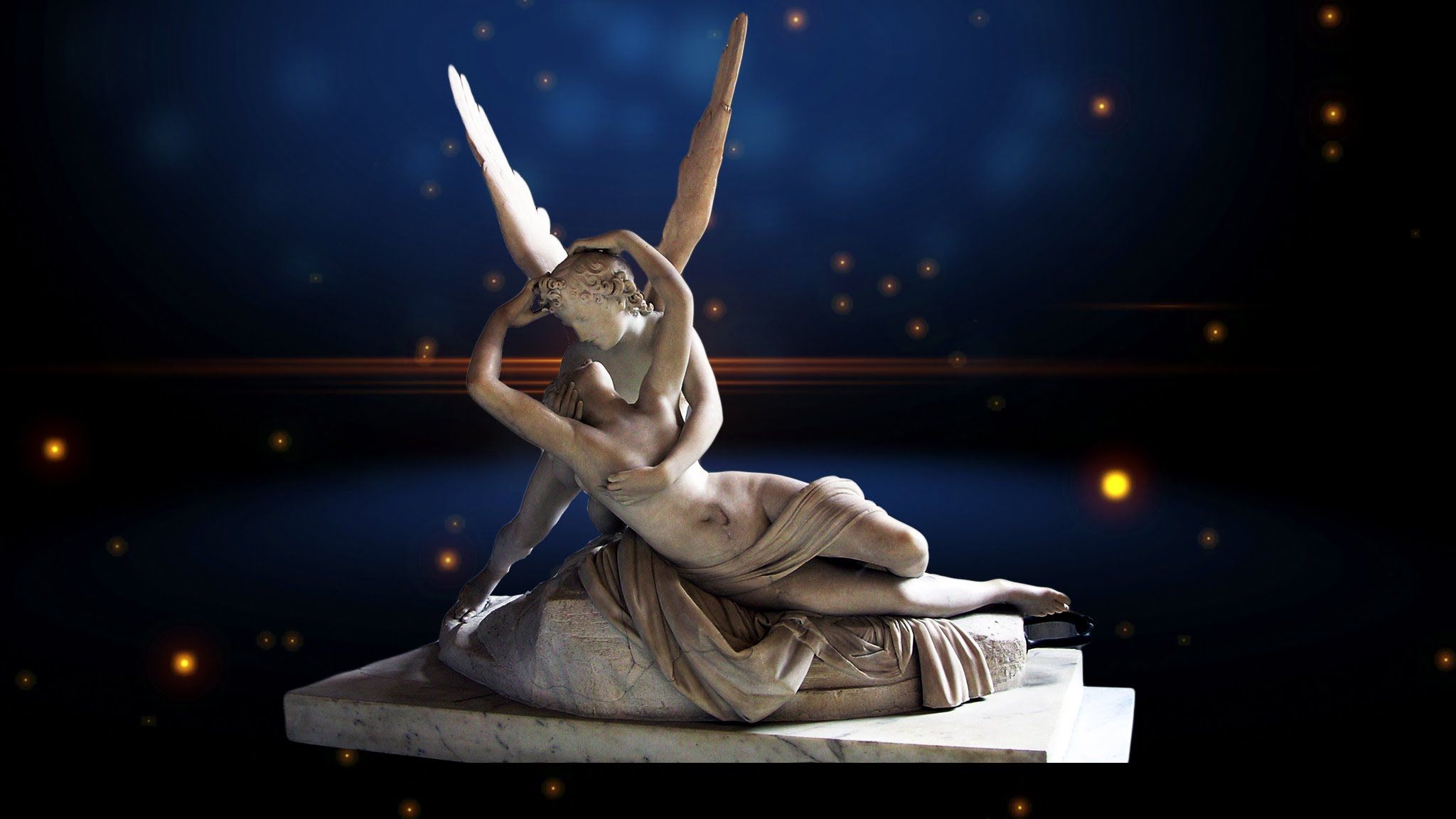
Ian Marchant (Cape, 2018)
When punk hit the fan in the late 1970s, I was already at university, writing a thesis on Nabokov’s Lolita. At Friday night dances, the ancient timbers of our college trembled as we pogo-danced on the spot, arms raised in the air and singing along at the top of our voices: ‘SEX . . . DRUGS . . . ROCK . . . ROLL!’ The song was a punk anthem by Ian Dury. The band was the Repeaters. I know them well, and the singer, 20 year-old Ian Marchant, was a chum of mine. After the gig, the night was still young – it’s remarkable that so many of us survived those years with our mental and physical health more-or-less intact.
Click your heels three times, and in 2018 Ian is a respectable grandfather, novelist, author of three acclaimed travel memoirs, and regular broadcaster on BBC Radio 4. In all other respects, he is thankfully just the same. Ian’s new book – A Hero for High Times – is an attempt to write a history of what was once known as the ‘counter culture’, or in his word, ‘the freaks’. From the 1950s Beats via hippies and punks to the New Age travellers of the 1990s, he traces the lineage of these groups which revolted against society to embrace a life of self-exploration (not to mention, self-indulgence) with wilful, adolescent exuberance. You get the picture.
Every generation believes it is unique and special. There is a good case to be made, however, that those who grew up in the second half of the twentieth century were indeed exceptional. A combination of factors contributed to this, especially free access to health services and university education in post-war Britain. The big three reasons, though, were celebrated in Dury’s song: sexual freedom following introduction of the contraceptive pill (remember Larkin’s much-quoted lines from ‘Annus Mirabilis’: ‘Sexual intercourse began/ In nineteen sixty-three (which was rather late for me) /Between the end of the “Chatterley” ban/ And the Beatles’ first LP’). Recreational drug use went mainstream in the 1960s – for good or ill – with everything from cannabis to LSD and heroin easily available. Most important was rock’n’roll; the 1960s were to music what the 1590s were to the English language.
Coming of age in this era which Ian Marchant records was a joy we took for granted at the time. Ian does a good job of tracking the antecedents of this beat-hippy-punk-traveller DNA, noting early-century enthusiasm in Germany and California for ‘natural living’ (i.e. nudity, free love, soyburgers). He is an experienced, natural teacher and raconteur, skilfully explaining a complex thread of social history over the course of a century. Yet the book would have been closer to a sociological study if this were all it did. And after all, a number of other works have already attempted to write a history of the counter culture. The genius of A Hero for High Times is that Ian alternates chapters of social history with a biography of his friend, Bob Rowberry, who lived these times in the fullest sense.
Bob’s story reads like a picaresque novel: Tom Jones’ adventures updated to Cool Britannia. He came of age in the late 1950s and early 1960s as a Soho ne’re-do-well (doing a little bit of this, a little bit of that). He recalls a teenage Eric Clapton practising his banjo in a coffee bar. Within a few years, helped by his entrepreneurial spirit and a rich girlfriend, Bob had a successful business running a clothes shop on Carnaby Street (featured in Vogue) with some drug-dealing on the side. Needing a little more entertainment, he set off for Afghanistan, armed and leading a convoy of vehicles to smuggle back an industrial quantity of cannabis hidden beneath hundreds of afghan coats (the hippie uniform) – the first to be sold in Europe. You feel his time in Kabul was Bob’s golden age: living with his glamorous ‘posh’ girlfriend on their own estate, doing deals, and riding off on a motorbike with a rifle on his back, to shoot a deer for dinner. Through the 1960s and 1970s, he is everywhere where it’s at, and with anyone who is anyone. He sold acid to RD Laing and half the performers at Glastonbury. (The drug was produced at Europe’s biggest LSD laboratory, hidden in the Welsh mountains near where Ian and I lived at the time.) Similar dealings with another band led to them adopting the name of Bob’s cat, Procol Harum. He was a behind-the-scenes fixer at the legendary Isle of Wight Festival. Caught smuggling in Iraq, he was interrogated by Saddam Hussein but managed to escape. Living in Mexico, he is imprisoned by a corrupt police chief, but freed by a popular uprising. And on the tales go on.
It’s possible half of Bob’s stories are as tall as they are wide-boy. But that is their charm. If even a quarter of his tales are true, that’s a bonus. Alternating Bob’s life with Ian’s chronicles of alternative culture gives the book a dynamic authenticity that either alone would have lacked. The history peters out in the mid 1990s, a time when, Ian claims, the counter culture faltered and failed. Youff no longer celebrated authentic music, rebellion, and innocent hedonism as he did at their age. But isn’t this the complaint of every passing generation? A more likely explanation is that the author, like his hero Bob, belatedly entered middle age around that time, settled down after a fashion, and began to see things differently. For example, like him or not, Jeremy Corbyn is barely mentioned, and there is no mention of the massive push for social change driven by young people, which has made Labour the biggest party in Europe, with over half a million members. The index has a fulsome entry on Hippies, but nothing about the importance of Hip-hop (in the year Kendrick Lamar has been recognised with a Pulitzer Prize). Music made by young people today is as creative and exciting as it has ever been, from southern California (Knower, The Internet) to the current London jazz explosion (Nubya Garcia, Shabaka Hutchings).
It is the fate of youth to be idealistic and exuberant. It is the fate of age to decry that fings ain’t wot they used to be. In A Hero for High Times, Ian Marchant manages to keep both perspectives in focus with this thoughtful and highly entertaining book.



